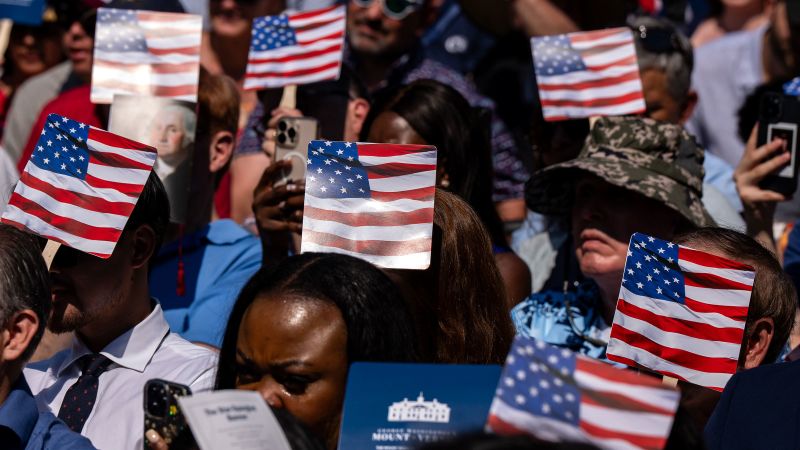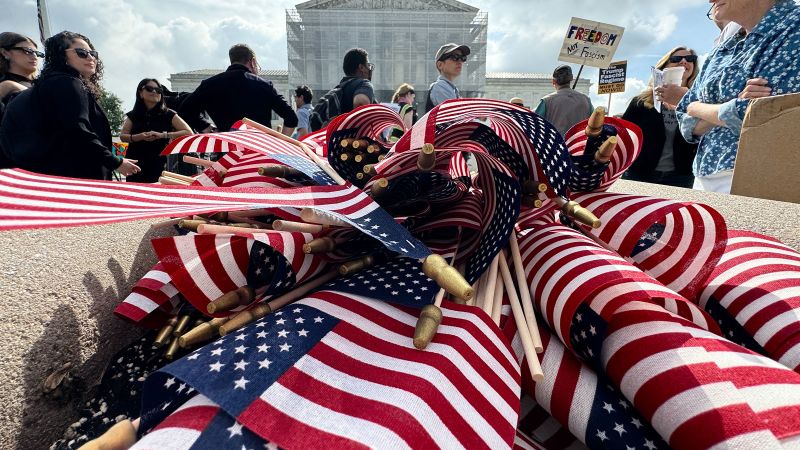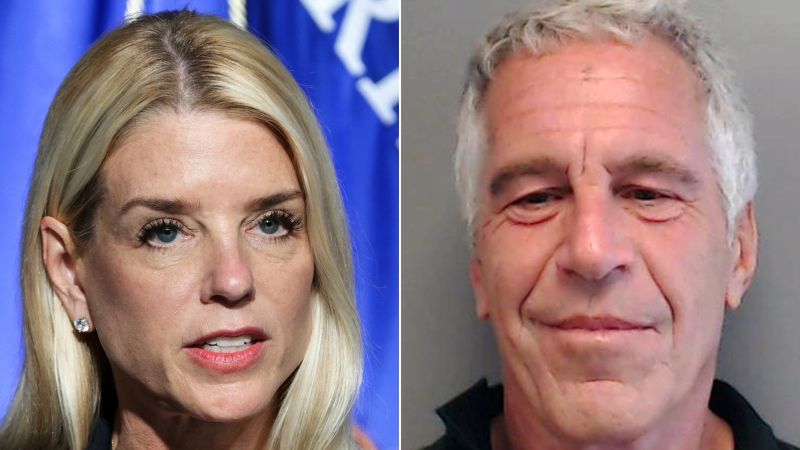
US Citizenship Criteria Expanded by Trump Administration
Politics | 8/20/2025
The Trump administration has broadened the criteria for immigrants seeking US citizenship by mandating a demonstration of “good moral character.” This expansion has stirred controversy among immigration attorneys, who view the change as introducing ambiguity and potential challenges to the naturalization procedure. The new directive marks a significant shift in the eligibility requirements for individuals aspiring to become American citizens.
Under the revised guidelines, applicants must exhibit a clear record of good moral character to qualify for naturalization. This shift underscores the administration’s emphasis on character assessment as a fundamental aspect of the citizenship application process. The move is expected to impact a substantial number of immigrants navigating the path to US citizenship.
Critics argue that the heightened emphasis on “good moral character” could subject applicants to subjective evaluations, potentially leading to inconsistencies and delays in the naturalization process. Legal experts caution that the implementation of such stringent criteria may introduce complexities and challenges for immigrants seeking to fulfill the new requirement.
A White House official, speaking on the condition of anonymity, defended the administration’s decision, stating that promoting good moral character aligns with the administration’s commitment to upholding the integrity of the naturalization process. The administration’s expansion of the character requirement reflects a broader effort to redefine the criteria for citizenship and maintain a stringent approach to vetting prospective citizens.
As the Trump administration continues to reshape immigration policies, the expanded “good moral character” requirement stands out as a pivotal change in the naturalization process. The impact of this alteration on aspiring citizens and the broader immigration landscape remains a subject of ongoing debate and scrutiny among legal experts and advocacy groups.


